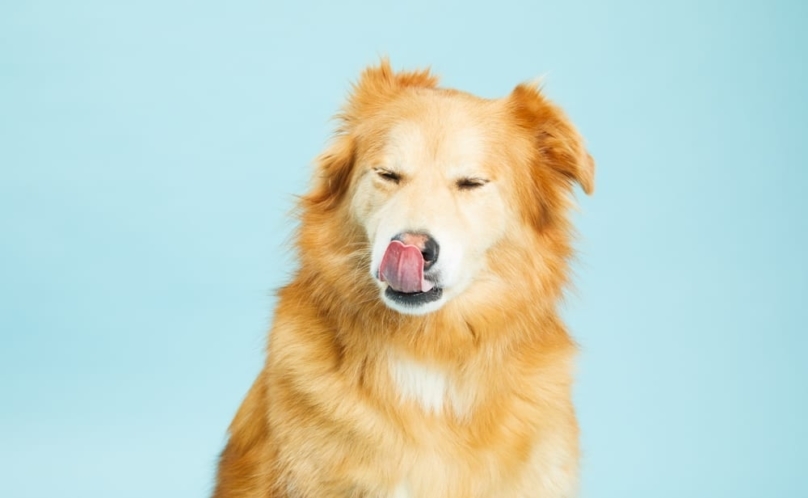***In case of a dog bite, seek the assistance of medical, legal, and behavioral specialists.***
Just because you think your dog would never bite, it doesn’t mean they won’t. That doesn’t make your dog mean or aggressive, it just makes them a dog.
Dogs use their mouths for more than chewing or barking. Their mouth is an integral part of social interactions with other dogs, as well as a tool. Lacking opposable thumbs, dogs rely on their mouths to grab and to carry where humans would simply use their hands.
It is also important to note that dogs do not always bite out of aggression. They can bite because they are scared or confused, not necessarily with the intent to harm, but as a defensive behavior. However, that does not excuse the behavior, and the situation will have to be handled.
Should your dog bite someone or another pet, there are two primary concerns: the dog’s behavioral health and your legal responsibility.
1. Behavior Management
According to Dog Bite Law, 77% of dog bite victims are related to the dog owner or are a friend. Over 50% of bites occur in the dog’s home. In other words, most dog bites are domestic occurrences. How you treat your pup in the wake of the biting could prevent repeat incidents.
Depending on your situation, a certified dog trainer may be needed for advanced behavioral issues.
A. Do Not Aggressively Punish Your Pup – Perhaps you think you may need to be more stern with your pup after such an incident. Wrong answer. Do not physically or harshly penalize the dog as it may reinforce aggressive tendencies or discourage the dog from giving traditional warning signs, such as growling or bared teeth.
B. Deny The Opportunity To Bite Again – Did it happen at the dog park? At a neighbors? While people were arguing? Whatever the scenario may have been, avoid recreating similar situations to prevent triggering a similar response in your dog.
C. Create A Long-Term Behavioral Modification Strategy – Consult with a professional to identify your pup’s stressors and determine how to counter-condition or desensitize your pup to them.
D. Consider A New Home – Not a new house, but a new human. If you’re not prepared to do the above, you should consider relinquishing guardianship of your dog to another person who will remain committed to your dog’s behavioral health.
2. Limit Liability*
Legally speaking you are responsible for the actions of your dog. You may respect your pup’s individuality, but in the eyes of the law your pup is an extension of you!
Limiting your liability means doing the things expected of someone in such a situation, similar to being in an automobile accident. Whether you caused the accident may not play as big a factor as fleeing the scene or driving without insurance. So, first things first:
A. File Police Report – If your dog has bitten someone or another pet, filing a police report will demonstrate a sincere effort on your part to do the right thing. It also provides an objective, third party account of the incident that will prevent the injured from exaggerating their version of events.
B. Suggest Medical Attention – If your pup bites someone, you want that person to heal as fast as possible (not just for legal reasons, but because you’re decent people). Immediate treatment will demonstrate good will on your part, and will also prevent the bite from becoming worse. Find out what the other person’s insurance situation is and be prepared to offer to pay for their treatment.
C. Exchange Identity Information – Any hint that you attempted to conceal your identity may be interpreted as culpability. This could result in higher cost should the case go to court or result in an insurance settlement.
D. Provide Proof of Vaccination – Maintaining up-to-date health records for your dog is always of the utmost importance, but if they bite someone proof of good health is vital. This could mean the difference between your dog being released into your custody or taken away for testing. It can also immediately discount certain concerns the injured party may have regarding communicable diseases.
E. Inform Insurance Company – A policy adviser should be able to help you determine whether to pay for costs out of pocket or whether it is covered by your carrier. It will also help if the bite wound requires more medical attention in the future, since your insurance company will have been informed of the situation.
*Laws vary from state to state. In case of litigation, seek a professional lawyer.






